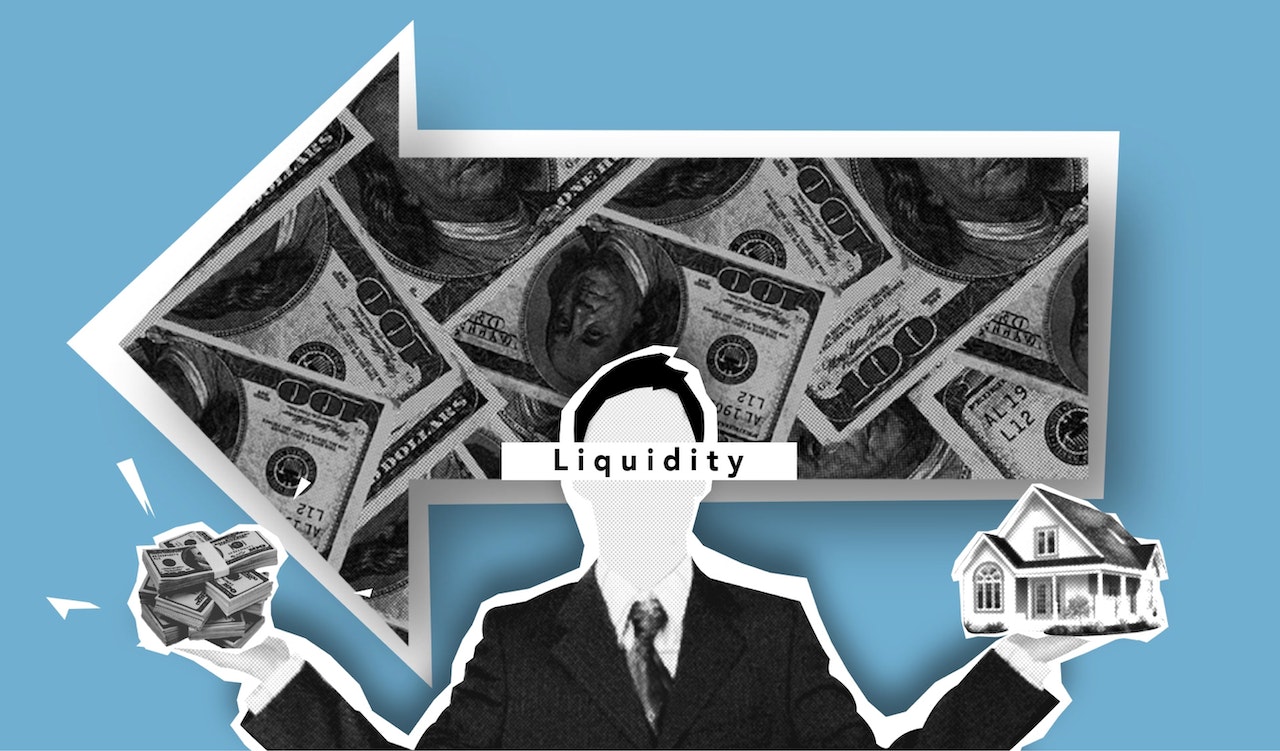3 Reasons Why Leasing Properties Can Be Better Than Buying

Real estate investment is a crucial part of many people's investment portfolios to build wealth, whether through purchasing or leasing properties. In Australia, the real estate business is experiencing significant growth, and as of 2023, it is estimated to contribute 13.2% of the total revenue.
Choosing commercial real estate for lease, in particular, is a popular choice among individuals who prefer to be tenants rather than property owners. This option offers numerous advantages and eliminates potential complications associated with property ownership. In this article, we will explore why leasing real estate is often considered a better alternative to buying and why it is a viable choice for individuals seeking financial growth.
1. Access to Amenities
Leasing provides the advantage of accessing various amenities, such as a gym, pool, and formal room, without investing in them as you would if you owned the property. While homeowners may have to pay a significant amount on maintenance and installation, such an amount is usually not required when you are leasing a property.
However, note that the cost of amenities is added to the Homeowners Association or HOA fees, and owners within the association must pay these kinds of dues, usually monthly or quarterly. When leasing the property, make sure you talk to the owner about who would pay HOA fees because sometimes the landlord would incorporate the costs into the tenant's rent which they would be required to pay directly.
2. No Real Estate Taxes
Real estate taxes can be a hefty burden, especially considering the constantly changing factors determining the tax calculation. Taxes are based on factors such as estimated property value, land size, and construction area. For instance, in Australia, a flat rate of $400 in addition to 0.3% of the land's value is paid in tax. A flat rate of $1,500 is charged for tax along with 1.1% of the land's value if it is a residential investment.
In the property leasing process, the government gives business owners the leverage to cut down all state and local property taxes that need to be paid in a tax year. This deduction extends to labor and services costs mandatory to maintain the real estate property. Besides, legal services are also included that are essential to secure new tenants and efficiently manage liability claims.
3. No Down Payment
Renting doesn't require a down payment. It reduces upfront expenses, eliminating the need to borrow a large sum to start a lease. Purchasing rental property with "no money down" allows investors to minimize their financial investment, increasing the potential for a favorable return. This makes a significant difference, as it eliminates the need to borrow a substantial amount of money to initiate a lease. Instead, you can simply make monthly payments as you go, simplifying the process of starting a lease.
Renters also benefit from lower upfront costs, typically limited to a security deposit equal to one month's rent. This deposit is refundable, assuming no damage to the property. So, individuals without a down payment are better off choosing to rent.
Endnote
Leasing a real estate property provides many choices for finding the perfect place. It offers the flexibility to move once the lease is no longer valid without selling the property. Leasing also enables you to save money on expenses like property taxes and down payments that would be required for ownership. Leasing is often a preferable option over buying, as it allows you to utilize your savings wisely instead of investing them in a single property that can have a lower resale value in the future.